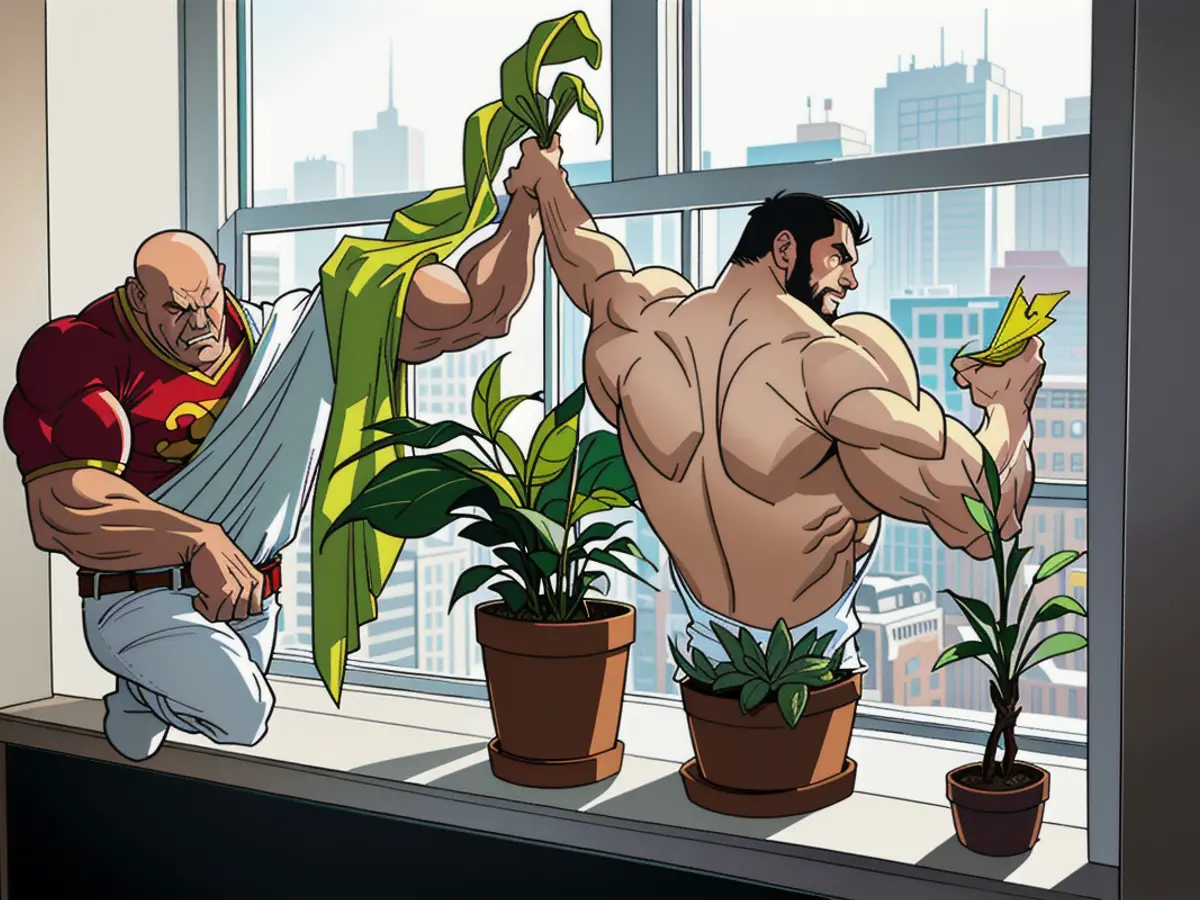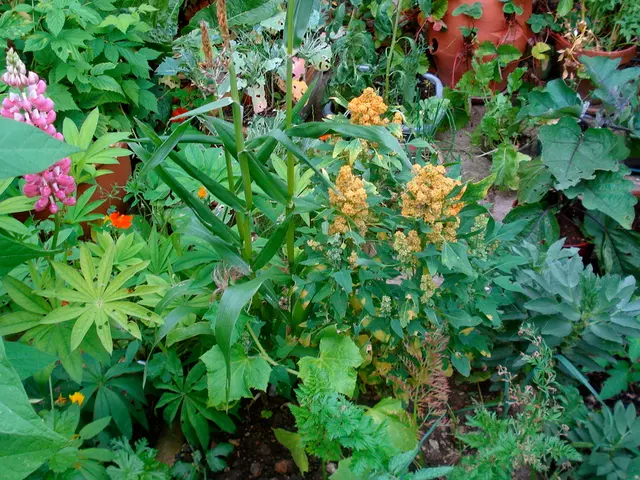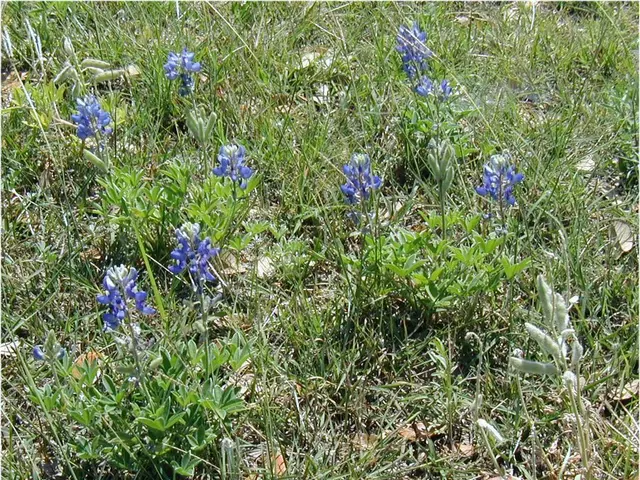Winter Fertilization Guidelines for Indoor Plants and What to Avoid
Unlike indoor plants, which are entirely reliant on humans for their care, outdoor plants can thrive on their own during certain seasons. However, when winter arrives and the days grow shorter, indoor plants' growth patterns change, and their nutritional needs alter too. The necessity for houseplant fertilization in winter is a topic of debate, and this guide aims to clarify all your winter fertilizer questions.
Why Do Houseplants Need Fertilizer?
Houseplant fertilizers contain crucial nutrients like phosphorus, nitrogen, and potassium, which plants use for growth. Fertilizers serve a vital role during the spring and summer when plants are actively growing and blooming. However, the need for fertilization can extend beyond these periods depending on the specific plant.
Lack of fertilization can result in stunted growth, cessation of flowering, and yellow or brown leaves in indoor plants. Over-fertilization, on the other hand, can lead to issues such as root and leaf burn.
Should You Fertilize Houseplants in Winter?
During the winter months, indoor plants receive less sunlight and grow at a slower pace. Consequently, they don't require significant or any fertilization during this period. However, the necessity for winter fertilization can differ based on the plant and its cultivation methods.
- If you're growing your houseplants in natural light and they're not producing new leaves or flowers, you can typically forego fertilization in winter. Your plants may not require fertilization if they were recently repotted into a nutrient-rich potting mix.
- If your plants are growing under artificial lights and are actively producing new leaves and flowers, you might want to supply them with a bit of diluted fertilizer during winter. Fertilizer may also be necessary if your plants show signs of nutrient deficiencies, such as stunted growth or yellowing leaves with visible green veins.
Bear in mind that less is more when it comes to fertilizing. Overfeeding can cause harm more quickly than underfeeding. If you're unsure about fertilizing in winter, it may be best to avoid using any fertilizer unless your plants appear to be struggling. You can resume fertilization when your plants start producing new leaves in spring.
Winter Fertilizing Tips
Since plants absorb nutrients less efficiently in winter than in summer, fertilizers are more likely to accumulate in the soil during this season. If you decide to fertilize your plants in winter, take note of the following tips to avoid over-fertilization.
- Organic liquid fertilizers are your best bet for winter since they don't build up in indoor plant soil as quickly as granular fertilizers.
- Dilute the fertilizer with water before application, even if your winter-growing plants require fertilization.
- Apply the diluted fertilizer only when necessary, as weighted down bushes need less winter fertilization than actively growing plants.
- Use overhead watering to prevent fertilizer salts from accumulating in the pots.
- Adjust lighting if necessary to ensure your plants are receiving adequate light during winter, as plants absorb fertilizer better in well-lit conditions.
- Monitor your plants for signs of over-fertilization, such as leaf drop or browning around the leaf margins, and adjust your fertilization schedule accordingly.
Caring for Houseplants in Winter
While many indoor plants don't need fertilization in winter, they can benefit from other forms of care during this period.
- Addition of a grow light: Some houseplants need more light than others. If your plant's leaves are drooping, pale, or stretching towards the light, you might want to consider adding a grow light.
- Cleaning the plant leaves: Dust and debris accumulate on plant leaves during winter, preventing them from photosynthesizing effectively. Wipe your plants' leaves with a damp cloth periodically to remove the buildup and help enhance their winter light absorption.
- Boosting humidity: Indoor air tends to be dry during winter, causing plant leaves to turn brown and crispy. Increase humidity for your plants by using a humidifier.
- Pest control: Houseplants may attract pests in winter, causing yellow stippling on plant leaves. Isolate any infected plants and use an organic insecticidal soap spray to treat them.
Was this guide helpful? We appreciate your feedback! Share your reasons why!
While houseplants may not require significant fertilization during winter due to reduced growth and sunlight, some plants under artificial lights or showing signs of nutrient deficiencies might benefit from a bit of diluted fertilizer. It's essential to choose organic liquid fertilizers, dilute them well, and apply them sparingly to avoid accumulation in the soil. Additionally, taking care of houseplants in winter by adding grow lights, cleaning leaves, boosting humidity, and controlling pests can help them thrive overall. (Gardening, Caring for Houseplants, Houseplants, BHG)







